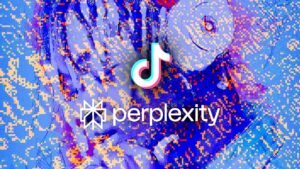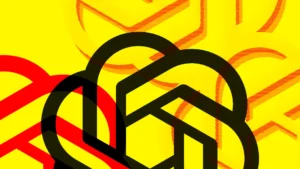
Meta is proposing the adoption of technical standards that can embed metadata in AI-generated photos, videos, and audio to identify them as synthetic. This would allow platforms to easily recognize AI content and label it.
Meta’s proposal for detecting AI-generated content
If widely adopted, these standards could help platforms like Facebook, Twitter, and YouTube more easily recognize AI-generated content from any source and label it as such.
Labeling AI content is seen as crucial for combatting misinformation ahead of the 2024 US presidential election, as AI tools may be used to generate fake or misleading posts/media.
Lawmakers have also proposed legislation requiring disclosure and labeling of AI-generated content, so there is broader momentum behind this idea.
Adobe and dozens of other companies already support adopting the C2PA standard through the Content Authenticity Initiative. This aims to combat misinformation by tracing the provenance of digital content.
Requiring AI tools to embed these standards would allow platforms like Facebook and Twitter to identify uploaded synthetic media and label it appropriately to inform users.
Meta says prominent labels may be added to some AI content judged to pose a high risk of deceiving the public about important matters.
However, Imposters will likely still try to circumvent detection, so no solution will be perfect. But Meta argues some action is better than waiting for an elusive perfect system.
Meta hopes rallying widespread industry adoption of common standards now will get ahead of potential misuse of AI tools during the coming election and beyond.











